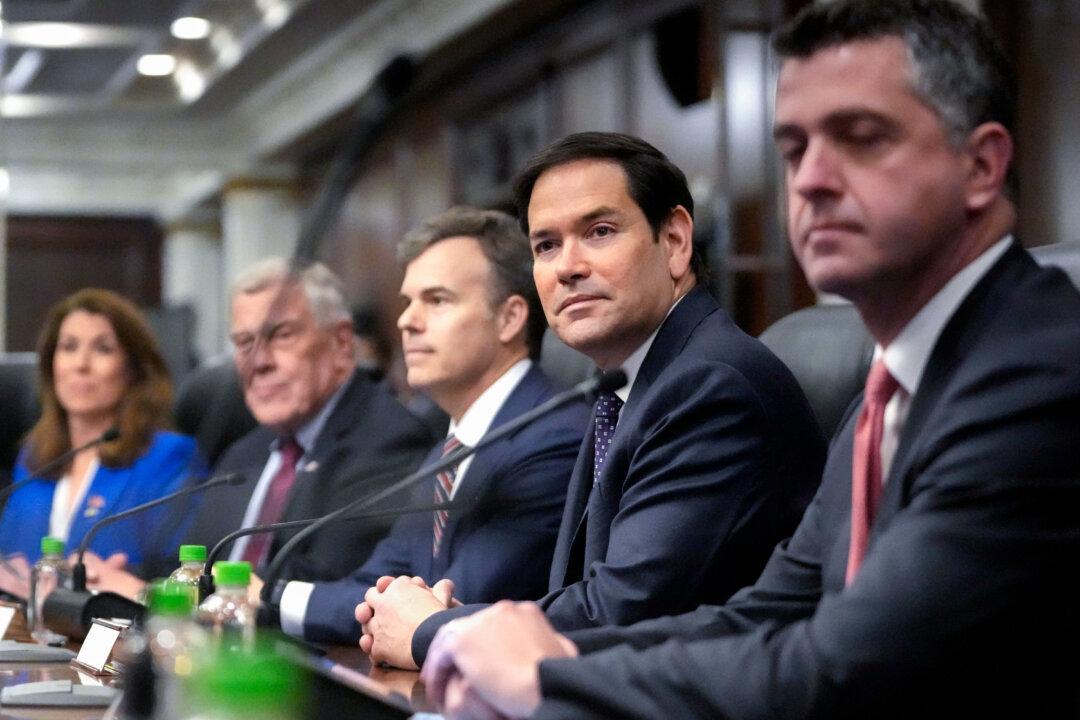U.S. Secretary of State Marco Rubio kicked off his trip to Latin America by meeting with Panamanian leaders, pressing them to urgently address the Chinese regime’s influence over the region.
The top U.S. diplomat shared his national security concerns with Panamanian President José Raúl Mulino and Foreign Minister Javier Martínez-Acha in a Panama City meeting on Feb. 2.





